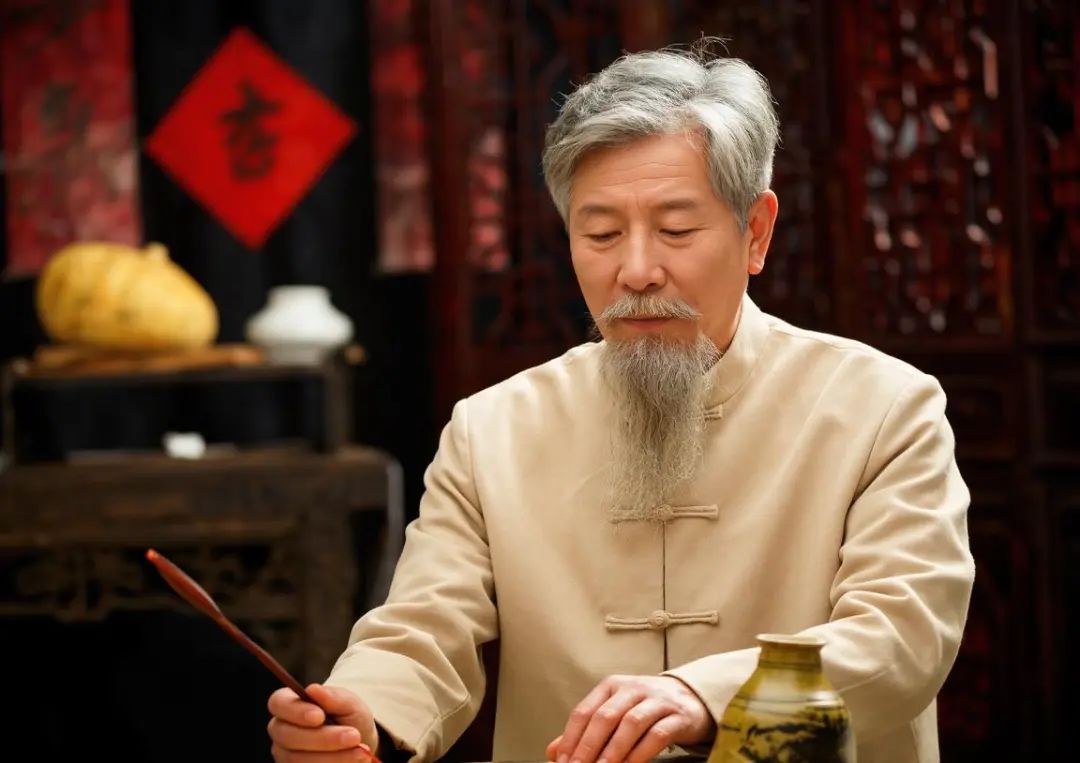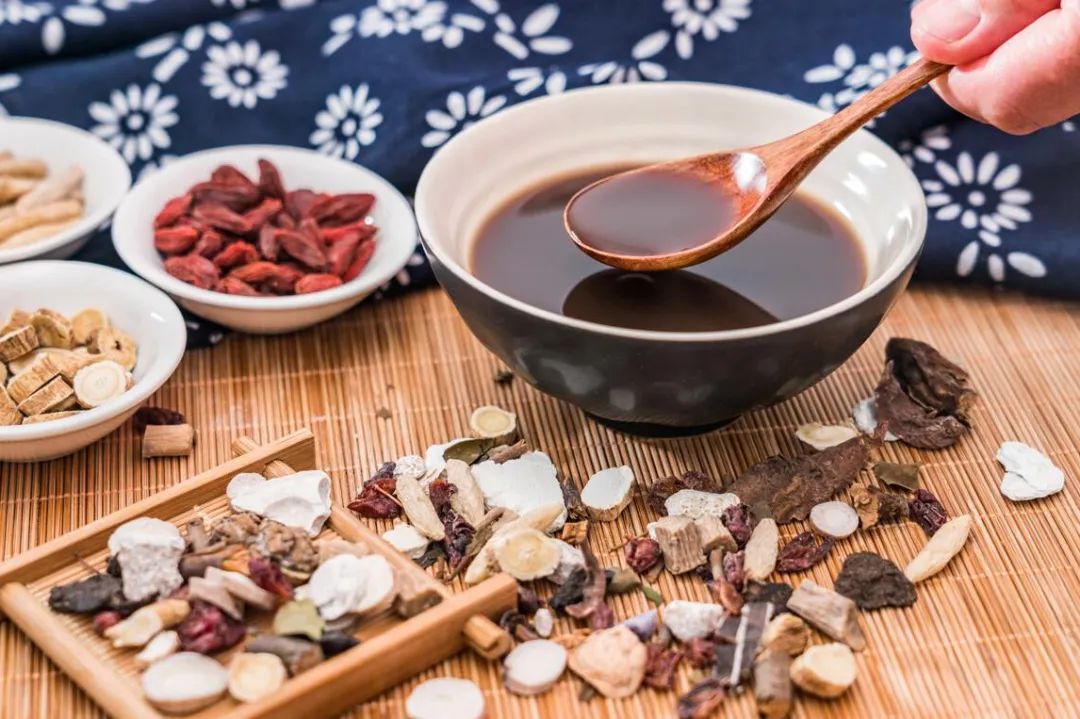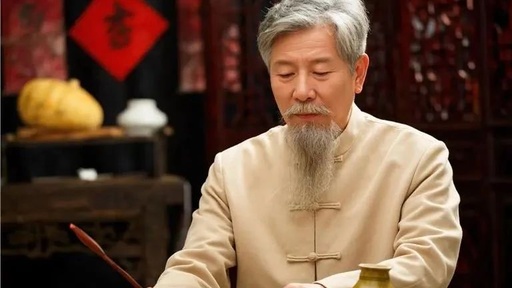Over the weekend, my neighbor Aunt Li came over to chat with my mom, holding a copy of the Huangdi Neijing (Yellow Emperor’s Inner Canon). While I was pouring water, I overheard them chattering about yin and yang and the Five Elements. I casually glanced over and was a bit surprised. Hey! This book is not simple. I originally thought it was just an old almanac, but it covers such a wide range of topics, almost like an ancient encyclopedia of life. The ancients had the patience to integrate the workings of the body’s organs with the relationships of time and place.

So, what exactly does the Huangdi Neijing talk about? The Yellow Emperor, many people might think, oh, isn’t he one of our ancestors? The term Neijing sounds like some martial arts secret manual, but it’s not about fighting. Overall, it actually explains medical principles through dialogues between the Yellow Emperor and his ministers like Qibo. Here’s a fun fact: the exact time of the Huangdi Neijing’s compilation is unclear, but it likely occurred between the Warring States and the Western Han periods. The content is organized amidst chaos, with part discussing basic theories and another part almost directly presenting treatment principles. I’m not joking; it even details how to adjust the body according to the seasons, which is indeed not to be underestimated.
Thinking deeper, this book is quite thick. It discusses yin and yang and the Five Elements. You know the Five Elements, right? Metal, Wood, Water, Fire, Earth; these are not just mystical concepts from fortune-tellers in temples, but rather they are solidly linked to the human body’s organs. My grandmother, even at her eighties or nineties, still follows these old principles for health. The book illustrates the functions of the organs in a way that is not obscure even for those who do not understand medicine, which is quite considerate. You could say this systemic view is not just about treating illness; it has a flavor of the philosophy of harmony between heaven and humanity. Relating it to the present, it actually makes sense—if you don’t get enough sleep, your spirit collapses; if you eat irregularly, your body deteriorates.

My mom and Aunt Li were so engrossed in the mysterious universe of the Five Organs that I quietly recalled my past classes. Is the qi and blood circulation mentioned by Qibo related to the qigong we heard as kids? Oh right, it also mentioned the theory of meridians. “No wonder!” Aunt Li exclaimed, “No wonder Old Zhang carries that moxibustion stick everywhere; it turns out he really believes in the smooth flow of the meridians.” These ancient medical concepts may seem a bit unconventional in modern society, but they also have their warmth. They don’t push people towards surgery at the slightest issue; instead, they remind us not to stray too far from natural laws. It turns out this book is not just about treating illness; it encourages you to be more aware of life and to maintain a harmonious existence with nature. Of course, some content should also be viewed through a scientific lens.
But suddenly I laughed, turning to think, did the Yellow Emperor have cars? Oh dear, the ancients were probably too busy with their lives to have seen a tractor. Such a vast difference in time. It’s like you can glimpse the poetic dwelling of our ancestors; the principles and laws in the Huangdi Neijing continue to be reflected in countless health-preserving recipes and treatment methods today. Even if you and I are just sitting in an air-conditioned room, thinking about the little seeds of thought left by the Huangdi Neijing, I feel we are still touched by a bit of ancient wisdom. But be careful not to say something ridiculous, like claiming moxibustion can cure cancer; that would be a bit absurd.

In short, friends, life always requires a sense of balance, respecting your body’s feedback while not being overly superstitious about the stress brought by technology, and importantly, following the natural rhythm. Forget about observation, inquiry, auscultation, and palpation; if you want health, I tell you, holding this thousand-year-old treasure book and finding your own rhythm is also quite good. The Huangdi Neijing truly serves as a book for living, much more faithful than decorative window flowers or swaying electronic devices. As for Aunt Li’s obsession with yin and yang and the Five Elements? We can borrow the wisdom that can be borrowed; going with the flow is never wrong. Alright, that’s all for now; next time you can also flip through a few pages; we can treat it like reading a novel. Isn’t that better than scrolling through short videos?
I am Jin Hai, a Daoist physician from the Medicine King Temple. My WeChat ID is: cy52535409. If you have any related troubles, please add me on WeChat for communication~~

